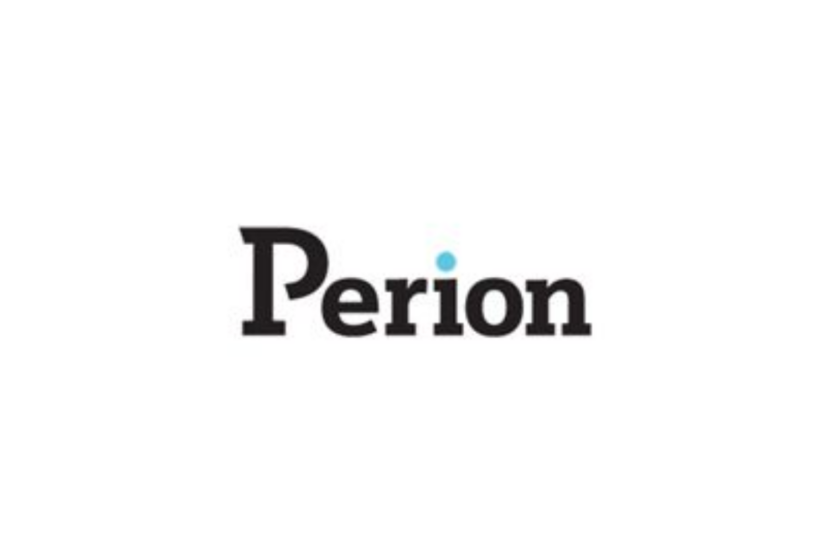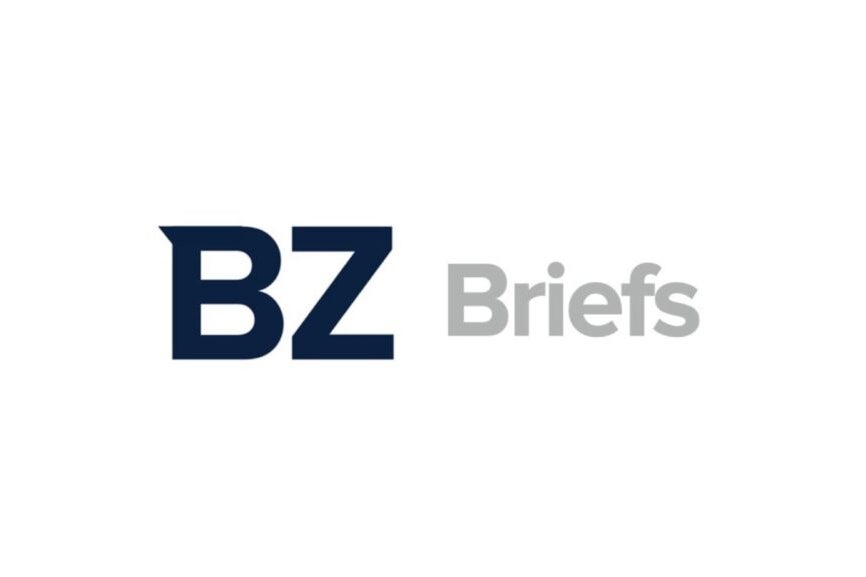What do you want me to do? WHAT?
getty
Since at least the 1970s, the expression “F-you money” has been a part of American culture, spreading from Hollywood to Wall Street to Silicon Valley as people in those areas accumulated vast wealth.
What exactly does F-you money imply? It’s a powerful posture; it signifies you’ve taken complete control of yourself and your time. You owe no one anything and can say “F-you” to anyone who offends you without fear of retaliation.
F-you money is a level of comfort, not an absolute amount of riches. Some people believe that having enough money to live in perpetuity on passive income from low-risk investments is equivalent to having F-you money. For others, it simply means having a few months’ or a year’s worth of funds so that you can leave your current work and have enough time to locate a new one. F-you money allows you to achieve a level of freedom that is out of grasp for most people.
It’s no secret, though, that accumulating traditional riches leads to a cycle of “more money, more problems.” What is the reason for this?
Historically, if you wanted to have a high level of asset protection, you had to use tactics that only the wealthy could afford. These techniques need the construction of complex financial and legal institutions that must be maintained by experts – and these experts are not free.
Traditional F-you money holders will have a diversified portfolio to protect against inflation and single points of failure (the “too many eggs in one basket” problem). The ultra-rich will also take use of a slew of obscure tax provisions to defer and decrease their taxable gains, even going so far as to set up trusts to shield assets from capital gains and estate taxes for numerous generations. They operate in unclear legal areas with no precedence in some situations, but it’s not an issue if authorities contest their use of a method since the wealthy will send professional counsel to fight for them.
ADDITIONAL INFORMATION FOR YOU
What role does Bitcoin play in all of this? As a brand-new asset class unlike any other that has ever existed before.
Those who are only vaguely aware with Bitcoin tend to regard it as a risky speculative venture. It’s often compared to digital gold. Bitcoin, I believe, is a more sophisticated asset than this analogy portrays.
Bitcoin brings the expense of obtaining extreme asset protection down to a level that the typical individual can afford. It takes advantage of a critical feature of cryptography’s security model: defensive asymmetry. That is, the cost of assaulting such a system is significantly higher than the cost of defending it, deterring an attacker from even attempting it.
Attackers are deterred by hardened fortifications.
getty
Bitcoin proponents typically use buzzwords like decentralization and censorship resistance to describe the system’s features, but the point is always about power and control. In the same way that traditional financial assets are managed by bankers and brokers, bitcoin owners have the option of entrusting their property to a third party professional, but this is not required. If you opt to keep control of your bitcoin and a third party attempts to prevent you from using it, the network will not allow it. This is not to argue that those who disobey the laws of their jurisdiction face no real-world consequences, but rather that the Bitcoin network rejects gatekeepers.
When it comes to maintaining their property rights, a Bitcoin user who is using the fullest level of sovereignty granted to them by the system owes no one anything. There is no minimum amount of bitcoin required to achieve this position; any amount of bitcoin can be considered F-you money.
With Bitcoin, you may create your own digital bank with a more secure security model than any existing traditional bank. A bank with no physical presence and no single point of failure that could be exploited. Of course, there are obstacles to conquer and dangers to manage, but the rewards are enormous.
You may build a trust with Bitcoin that is protected not by local laws and courts, but by encryption and a global network that can withstand even nation-state attacks. For example, you can put money in a digital vault that no one, even yourself, can access for decades.
In a nutshell, Bitcoin is the first type of property that allows ordinary people to actually own it. The assertion of bitcoin holders’ property rights does not require the involvement of authorities, nor does it necessitate the deployment of an army of experts to protect them. Bitcoin is a decentralized set of rules in which each member can govern themselves. If it’s freedom you’re wanting, Bitcoin is a one-of-a-kind asset./n

/https://specials-images.forbesimg.com/imageserve/60e0e3e4e8c8d9fa13f4b643/0x0.jpg?cropX1=0&cropX2=2704&cropY1=214&cropY2=1736)



